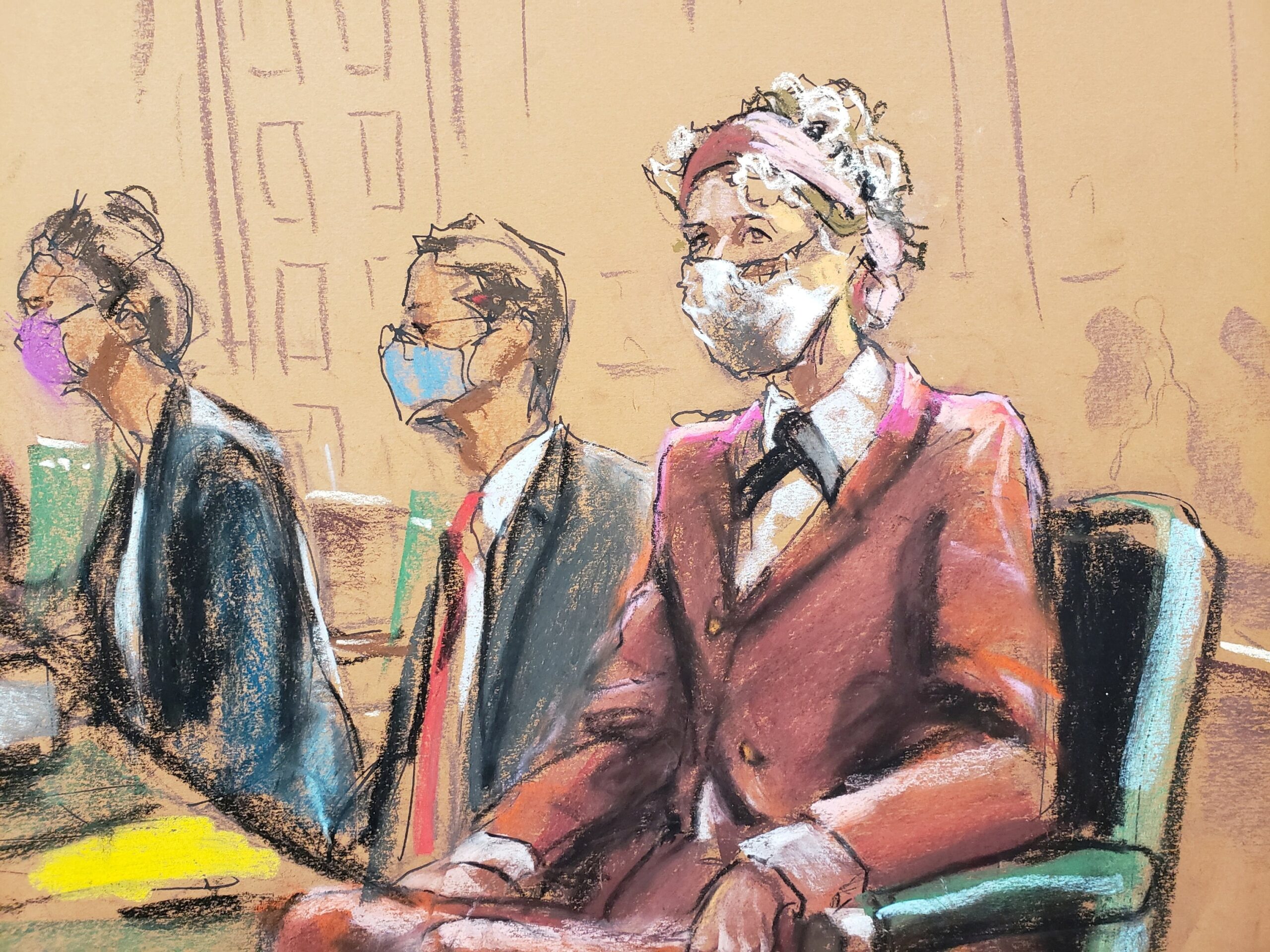Former Elle Magazine advice columnist E. Jean Carroll has been awarded a total of $88.3 million in damages by two unanimous federal juries in her nearly six-year defamation legal battle against former President Donald Trump.
Carroll accused Trump of sexually assaulting her in late 1995 or early 1996 in a Bergdorf Goodman department store dressing room in her memoir “What Do We Need Men For?: A Modest Proposal.” An excerpt of her memoir was published in New York Magazine’s The Cut in June 2019.
Following the excerpt’s release, Trump denied knowing Carroll and claimed she wasn’t his “type,” prompting Carroll to file a defamation suit in 2019. She filed a second suit in 2022 for defamation and battery under the Adult Survivors Act, which went into effect in November 2022 and provided a one-year window for sexual assault survivors who were 18 years or older at the time of their assault to file civil proceedings against their alleged abusers despite the statute of limitations.
Carroll was awarded $83.3 million in damages in January for the first suit, adding to the $5 million Trump was ordered to pay her in May 2023 for the second suit.
In an interview with First Amendment Watch, Carroll’s attorney, Joshua Matz, who worked on her legal team throughout both proceedings, discussed the competing legal strategies behind the case, the effect of Trump’s presence on the proceedings, and the hope that Carroll’s fight to hold Trump accountable shows other sexual assault survivors that they, too, might seek justice.
Editor’s note: This interview has been edited and condensed for length and clarity.
FAW: The first complaint, filed in 2019, focused on three statements Trump made in response to Carroll’s rape allegation. When someone is accused of something, they have a right to deny the accusation, but what was different in Trump’s statements that crossed the line into defamation?
JM: There is authority for the proposition that the bare denial of a claim of sexual assault can, in some circumstances, be defamatory. But in this case, Donald Trump’s statements went well beyond a bare denial. In the statements that he made on June 21, 22 and 24 of 2019, he threatened Ms. Carroll, he insulted Ms. Carroll’s appearance, but most importantly, for purposes of the defamation claims, he also made additional specific accusations and implications. For example, he stated, or implied, but very clearly implied, that she had been paid off, that she had an inappropriate financial motive, that she was working in coordination with the Democrats, that this was all part of a partisan conspiracy, that she had falsely accused other unnamed men of sexual assault, and more. And because Mr. Trump’s denials included a host of additional false and defamatory statements and implications, and because they were layered with threats and insults, this went well beyond the circumstance that he had simply denied her charges.
FAW: Trump often speaks in hyperboles. How did you handle arguments that Trump was merely expressing an exaggerated opinion?
JM: It’s true that Mr. Trump’s public statements are not generally models of precision. It’s also true that he laces many of his statements with hyperbole and exaggeration and other inflammatory claims. But the statements that he made with Ms. Carroll, were riddled with very specific and obviously false and defamatory, factual allegations about her. Mr. Trump never really denied that his statements had all of the false and defamatory implications that we said they did. To the contrary, in his deposition, he was immediately ready to agree that they did. And he asserted that he stood by each and every one of them. And there is no Donald Trump exception to the principle that people can be held accountable for the things they say.





